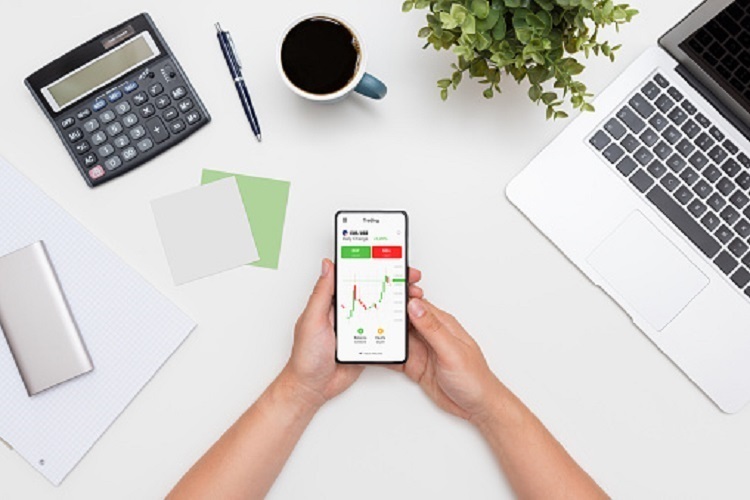How to trade CFDs in Singapore?
CFDs, or Contracts for Difference, are a popular way to trade assets such as stocks, indices, commodities and currencies. There are several CFD brokers to choose from in Singapore, each with its advantages and disadvantages. So how do you go about choosing a CFD broker and trading CFDs? Here is an overview of how to trade CFDs in Singapore.
Table of Contents
What are CFDs?
Contracts for Difference (CFDs) are derivative products that allow traders to speculate on the price movements of an underlying asset. CFDs are contracts between the buyer and the seller, and financial instruments such as stocks, indices, commodities, and currencies can be traded using CFDs. When you buy a CFD, you are essentially betting on whether the underlying instrument’s price will rise or fall.
How do CFDs work?
When you trade CFDs, you don’t own the underlying asset. Instead, you agree to exchange the difference in price between when you open and close your position. Let’s say that you buy a CFD on Apple stock at $100, and the stock price rises to $110. When you close your position, you will have made a profit of $10. Conversely, if the stock price falls to $90, you will have made a loss of $10.
How to start trading CFDs in Singapore
Here are the steps to follow if you want to trade CFDs in Singapore
Find a broker
The first step is to find a reputable CFD broker. In Singapore, several licensed brokers are regulated by the Monetary Authority of Singapore (MAS). These include IG Markets, Saxo Bank, City Index and eToro. Brokers usually have an online platform where you can trade CFDs. The platform will allow you to view prices, place trades and manage your account. Some have mobile apps to allow you to trade CFDs on the go.
When you are choosing a broker, read their terms and conditions carefully. Know what fees you will incur for opening and closing positions, and make sure they fit within your budget. As part of this, ensure that there is no minimum deposit required to open an account (many brokers need you to deposit at least $500). It would help if you also verified the types of accounts available – some brokers offer standard options accounts while others offer mini or micro accounts (mini accounts usually range from $100-$200 while micro range from $10-$100)
Open a trading account
After opening an account, most CFD brokers will require that you deposit some money into your trading account before you can start trading. To get started, it’s helpful to explore the different types of tradeable assets available to see which ones interest you (stocks, indices, commodities and currencies).
Start Trading
You can then look at how each asset is performing and research investment strategies for each one. When starting, it’s probably best not to focus too much on advanced strategies such as technical analysis and instead rely more on fundamental research (i.e. reading up on key industry news and data such as company accounts).
Benefits of trading CFDs in Singapore
There are several benefits of trading CFDs, including:
Low initial deposits
You can start trading CFDs with as little as £/$/€ 100. This is much lower than the required deposit for traditional trading platforms.
Leverage
CFDs offer leverage which allows you to trade larger positions than you would be able to with your capital alone. For example, if you have a £/$/€ 1,000 trading account, you could buy a CFD for Apple stock worth $200k.
No physical delivery
Since you aren’t purchasing the underlying asset, you don’t have to store it or worry about any additional costs associated with it. As a result, there are lower barriers to entry and minimal risk of loss due to inventory damage.
Finally
Trading CFDs in Singapore can be exciting and profitable. Ensure you make use of a reputable online broker from Saxo Bank, click to read more about their demo accounts, and practice your trading strategies before investing your money.

